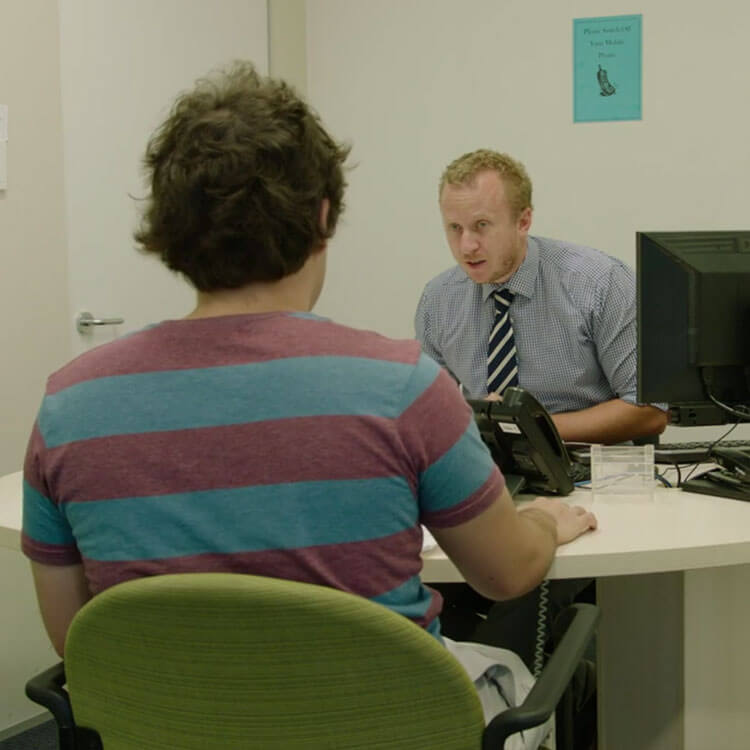Search
The Kids Research Institute Australia's annual report highlights the accomplishments of our researchers, furthering our mission to secure a happier, healthier future for kids everywhere.
The Kids Research Institute Australia's annual report highlights the accomplishments of our researchers, furthering our mission to secure a happier, healthier future for kids everywhere.
The Kids Research Institute Australia's annual report highlights the accomplishments of our researchers, furthering our mission to secure a happier, healthier future for kids everywhere.
View The Kids Research Institute Australia's 2025 Impact Report

What role will you play in creating a brighter and healthier future for our kids?

Getting involved in a real-life research project.

We’re looking to better understand and measure ‘quality of life’ of school aged children with Down syndrome.
Besides the challenges associated with their teenage years, adolescents with Type 1 Diabetes (T1D) encounter additional challenges of having a chronic condition.

The Youth Mental Health team is looking for a diverse group of young people to help inform research into mental health in LGBTIQ+ young people.
The Opportunity We have an exciting opportunity available for an enthusiastic and motivated Administrative Assistant to provide administrative
